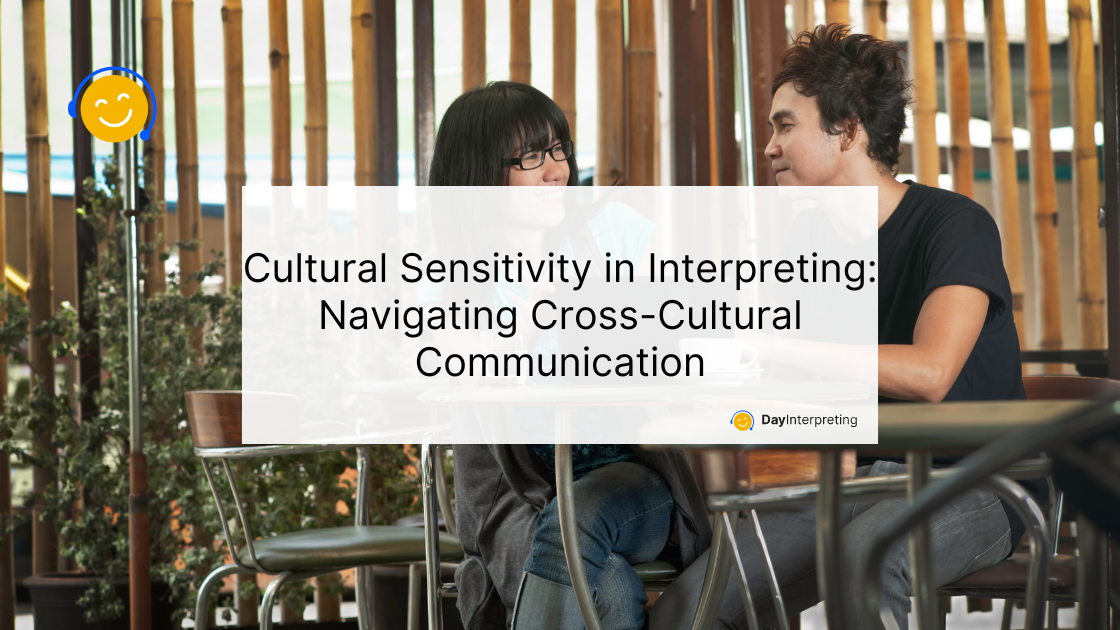Welcome to a journey into the fascinating world of interpreting and cross-cultural communication! Have you ever wondered how interpreters seamlessly bridge language gaps and cultural differences? In this article, we’ll explore the importance of cultural sensitivity in interpreting and how interpreters navigate the complex terrain of cross-cultural communication.
Understanding Cultural Sensitivity
Cultural sensitivity is like wearing a pair of special glasses that help us see and understand different cultures better. It’s about being aware of and respecting the customs, beliefs, and values of other cultures. In interpreting, cultural sensitivity plays a crucial role in ensuring accurate and meaningful communication between people who speak different languages.
The Role of Interpreters
Imagine a scenario where a doctor needs to communicate with a patient who speaks a different language. That’s where interpreters step in as language bridges. But it’s not just about translating words; it’s about conveying meanings, emotions, and cultural nuances accurately. Interpreters are like cultural ambassadors, facilitating understanding and empathy between individuals from diverse backgrounds.
Challenges in Cross-Cultural Communication
Navigating cross-cultural communication can be like solving a puzzle with many pieces. Different cultures have unique communication styles, gestures, and social norms. What may be acceptable in one culture could be misunderstood in another. Interpreters must be aware of these differences and adapt their approach accordingly to ensure effective communication.
Strategies for Overcoming Cultural Sensitivity
- Active Listening: Interpreters practice active listening to understand not just the words but also the context and emotions behind them. This helps in conveying messages accurately.
- Cultural Research: Interpreters often research the cultural backgrounds of the speakers to better understand their perspectives, values, and communication styles.
- Adaptability: Flexibility is key in cross-cultural communication. Interpreters adapt their language and behavior to suit the cultural context without losing the essence of the message.
- Clarification: When in doubt, interpreters ask clarifying questions to ensure they have understood the message correctly before relaying it to the other party.
The Impact of Cultural Sensitivity
When interpreters prioritize cultural sensitivity, it fosters trust, respect, and inclusivity in communication. It reduces misunderstandings, promotes empathy, and strengthens relationships across cultures. Cultural sensitivity is not just a skill; it’s a mindset that promotes harmony and mutual understanding in a diverse world.
Wrapping Up
In the colorful tapestry of cross-cultural communication, cultural sensitivity shines as a guiding light. Interpreters who embody this sensitivity play a crucial role in building bridges of understanding and harmony across linguistic and cultural boundaries. So, let’s celebrate the richness of diversity and embrace cultural sensitivity as a cornerstone of effective communication.





0 Comments